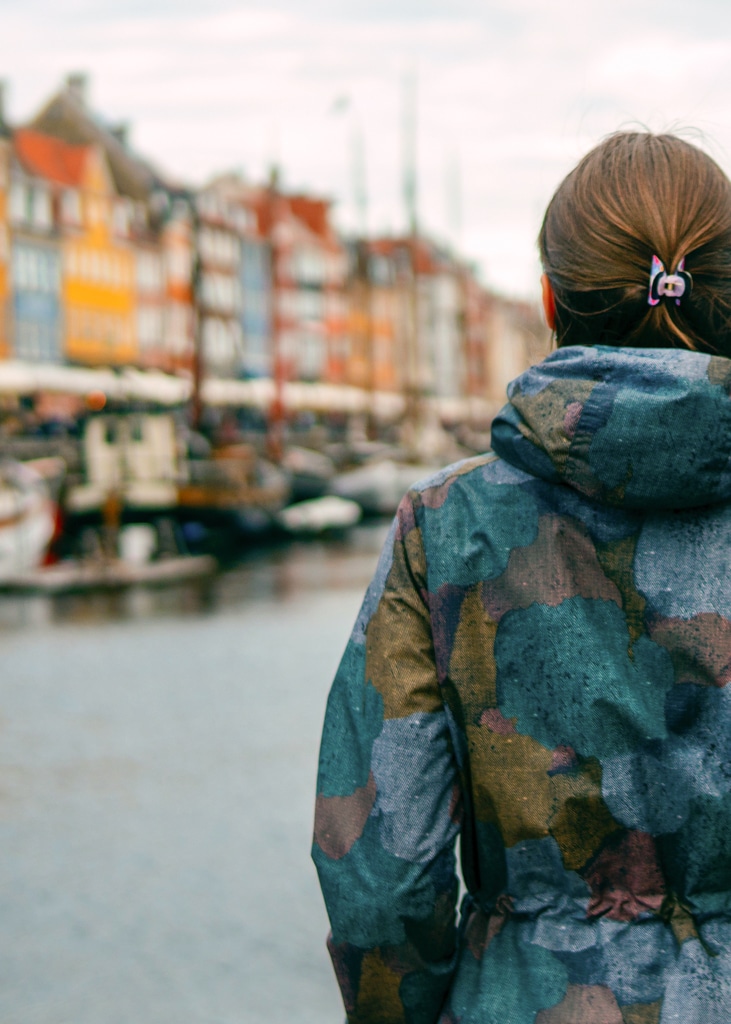Click to expand the information below to learn more about pocket money, holidays, language courses, and more in Denmark.

Au pairs in Denmark receive 4,550 Danish Krones (DKK) monthly, which equates to approximately 611 EUR. They should receive their pocket money also during holidays and when they fall ill. Au pairs are subject to taxes on their monthly pocket money.
Au pairs in Denmark work between 18 and 30 hours per week. They can have working hours of a maximum of 3 to 5 hours per day respectively.
Au pairs in Denmark should have at least 1.5 days off per week and should be off during Danish public holidays so they can experience Danish culture to its fullest.
Each month, au pairs should accrue holiday days. They are entitled to 2.08 days off for 5 days a week of work. They should be paid during their holidays and any holiday days they do not take should be paid back at the end of their stay.
Au pairs in Denmark can have a length of stay in the country up to 18 months. Their initial residence permit is valid for one year with the option to extend it for an additional 6 months. Au pairs can come on either the au pair program visa or the working holiday visa depending on their country of origin.
Au pairs in Denmark should come in with at least some knowledge of either Danish, Swedish, Norwegian, German, or English. They should also have enough free time to take a Danish language course while au pairing.
Host families should pay a one-off payment of 18,000 DKK to support the state’s expenses of offering Danish lessons to au pairs.
As part of the au pair program, au pairs are entitled to free room and board. This means that they get all meals and housing from the host family. They must live in the same house as their host family and should have a private room with a door, window, bed, wardrobe, and desk as well as access to a bathroom. Their food and living quarters are included if they become sick or are on holiday time.
The au pair is mainly responsible for childcare during their working hours which can include some meals, planning activities, and pick up from school. They cannot work during the night.
They can also contribute to light household tasks especially those that relate to the children such as doing the dishes, organizing toys, or doing the children’s laundry. Their responsibilities do not include heavy household work such as scrubbing bathrooms or vacuuming the whole house.
EU, EFTA, and Nordic citizens can use their driver’s licenses for the first 12 months of their stay. Au pairs from other countries must get an international designation on their license before they can drive in Denmark.
The host family is responsible for supporting the au pair in case of illness. They should sign the au pair up for health insurance upon their arrival at their local citizen’s service center where they can obtain the au pair’s health card. 3 insurances should be taken out: work-related injuries, leisure injuries, and serious illness or injuries.